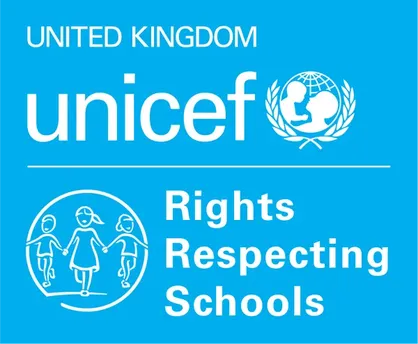In May we invited Rights Respecting Schools to take part in a survey about schools reopening.
We want to thank all who took part and shared their views and experiences with us. Since May the situation in schools in the UK has changed rapidly week by week, however we want to feedback what you told us and how UNICEF UK acted upon the survey findings.
There are many barriers to reopening schools to more pupils
Schools overwhelmingly told us that keeping staff and pupils safe when schools reopen would be a huge challenge, and in some cases would not be possible in the short-term.
We have been working with the English, Scottish and Welsh governments to highlight these concerns. In Scotland and Wales, UNICEF UK has been involved in reviewing plans for school reopening and have used your responses to influence these plans.
Pupil wellbeing and mental health must be a priority when they return to school
Schools were clear that supporting children’s wellbeing when they return should be a priority, and that further resource would be needed to help them do this effectively.
We have made the case for improved mental health support in schools to all Governments and through the media. We are looking at ways that we can help schools to provide this support using a rights-based approach, including through working with other organisations such as Place2Be. UNICEF UK is also working on projects to understand and address the mental health impacts of Covid-19. We also created Return to School Planning Guidance to help Rights Respecting Schools put children’s rights at the heart of their approach.
Catching up on lost learning and avoiding a widening attainment gap will be challenging
While most schools emphasised that children’s mental health and wellbeing must come first before trying to catch up on lost education, schools need more resource to help them support pupils’ learning when they return, particularly for older children and those facing exams soon.
We have reported these views to policymakers and are working with Governments to influence the support being provided. We are pushing the need for an evidence-base on the best ways of supporting pupils’ learning when they return, particularly during any periods of ‘blended’ schooling or part-time school attendance.
There are opportunities to improve the experience of school for pupils following the pandemic, but no children should be left behind
So many schools highlight positive practice and learning which they felt could improve education for children beyond this pandemic, including a greater use of technology and engagement with parents and families. However, there are concerns about those children who do not have access to the resources they need to benefit from these.
UNICEF UK is working hard to advocate around the ‘Digital Divide’ and ensuring that those who do not have adequate access to the internet and to technology are not disadvantaged. We are also looking at how we can work with schools in this new context and build on the new opportunities that may be become available in the coming months and years.
Schools want to listen to children about what they want and need when they return to school
So many schools have already engaged with their pupils and listened to their views around key decisions. Many more would like to do so.
We are looking at how we can support schools to continue to engage with pupils during this time and how we can learn from the best practice shared across this community. Again, our Return to School Planning Guidance can help schools in listen to children effectively as they return to school.




